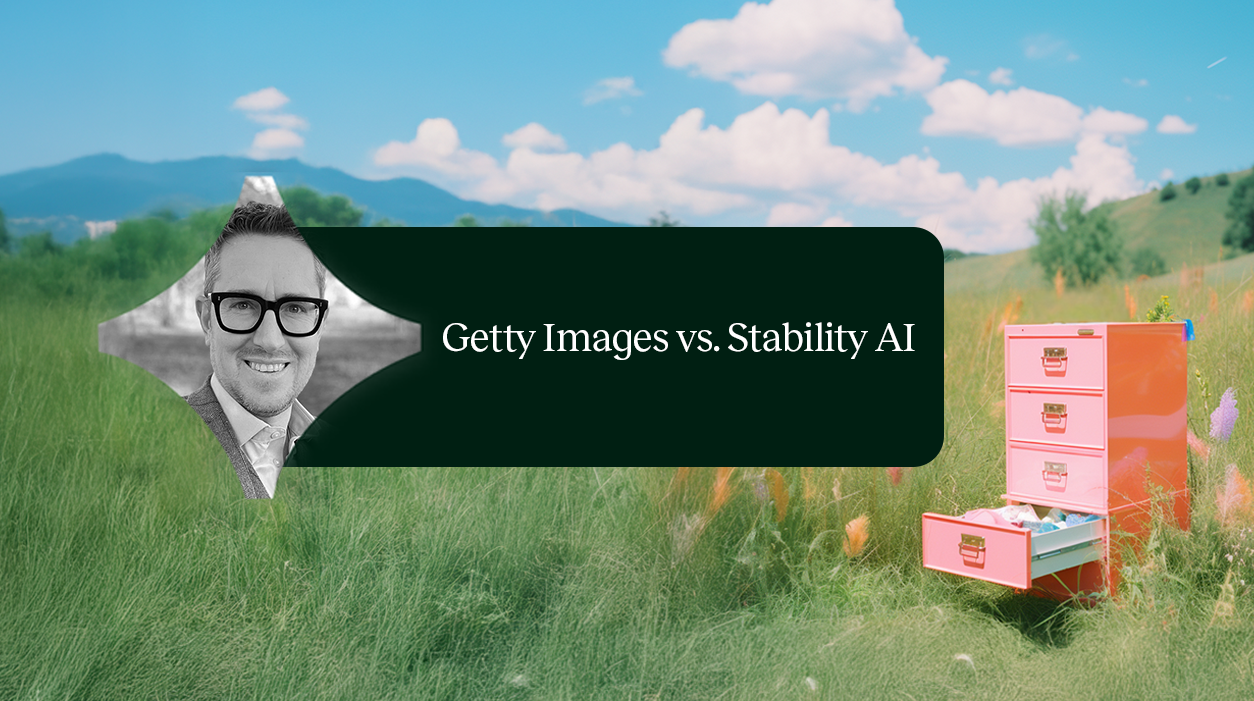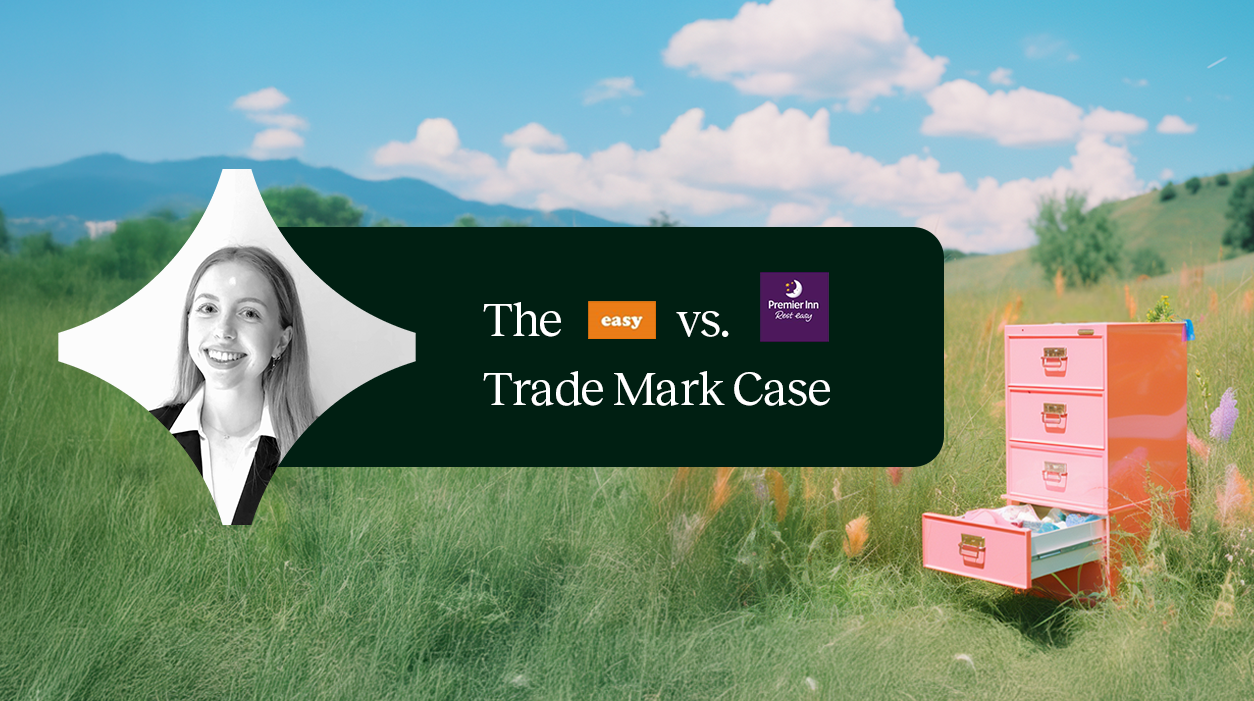Genuine Fakes? Think Twice Before Buying Fake Goods on Vacation
- Firstpage
- Insights & News (Parent - Don't use)
- IP & Trademarks
- Trademark infringement

We’ve probably all done it at some point. You’re on holiday and there is some guy selling fake watches and handbags at the side of the road; or you’re desperate for the latest Ray Ban sunglasses and have come across a site offering them for amazing prices. You think, “bargain, why not”?!
Justifying our decision by saying “these big brands earn enough money”, or “it’s not that big of a deal”. Well, think again!
In can be easy to rationalise buying counterfeit goods and think of it as a victimless crime, but to put it bluntly, this trillion-dollar industry is built on the likes of child slavery and exploitation, and at worst, that harmless holiday memento is helping to fund terrorism.
How big of a problem is counterfeiting?
The spread of counterfeit goods is increasing, primarily due to online shopping. In 2021, counterfeit and pirated goods accounted for an estimated USD 467 billion in global trade, representing up to 2.3% of total global trade.
The impact is staggering:
- 5.8% of all imports to the European Union are estimated to be counterfeit. This makes the EU a key target and entry point. China and Hong Kong (China) account for the highest value of seized counterfeit goods.
- Clothing, footwear, leather goods, and watches remain among the most commonly seized counterfeit items globally, consistently topping enforcement reports, according to the OECD and EUIPO.
- Hazardous Counterfeits: There is a concerning increase in the trade of dangerous goods such as counterfeit automotive parts, medicines, cosmetics, toys, and food, posing serious risks to consumer health and safety.
The online environment has become a fertile ground for counterfeit activity across global marketplaces and e-commerce sites, with deceptive fakes now seamlessly intermixed with genuine items.

Meanwhile, a growing number of influencers are also turning to their social media accounts to promote counterfeits online. These self-proclaimed “dupe influencers” generate millions of views, likes, and shares through content that often promotes – sometimes proudly – the advertisement and sale of counterfeit goods.
How can you avoid purchasing fakes?
As the technologies and techniques counterfeiters use to produce fakes improve, it can be difficult to spot a counterfeit. Fraudsters are extremely cunning and good at creating convincing websites, profiles, pop-up stores etc.
Our top tips for spotting fraudulent online shops:
Check the address bar
- Is there a padlock sign
- Is the domain name unrelated
Discounts on every product
- Are the discounts above 50%?
- Are all products discounted?
Test the social media links
- Are the social media icons clickable?
- Do the link to actual SoMe accounts?
Match payment methods
- Are there many payment method icons?
- Do they match the payment possibilities upon checkout
Look for the contact details
- Is there anything other than an email address or contact form?
Go through the policies
- Do the privacy policy, terms & conditions or shipping page provide contact information?
Browse other pages
- Are there multiple product pages?
- Are there other pages on the site active?
Google the site for reviews
- Has the site already been reported?
- Has the email address already been reported?
Why should you stop buying counterfeit goods?
Like most things, in this time of instant gratification, consumers are often not aware, or do not want to recognise, that those cheap prices often come at a high cost to not only the brands but also economies, people’s safety, the environment and society as a whole.
The things people do not realise when buying fake goods, whether that is intentionally or not, include:
- It’s dangerous: Due to regulatory non-compliance, counterfeit goods are often made using cheap, substandard, and dangerous components that put the health and safety of not only consumers, but those making the products at risk.
- It could cost you: Purchasing from counterfeit websites puts you at risk for identity theft and credit card fraud when you provide a counterfeit merchant with your information.
- It’s supporting illegal activity: Counterfeiting is illegal and purchasing counterfeit products supports criminal networks.
- It costs your city/country: Counterfeiters do not pay taxes, meaning less money for your city’s schools, hospitals, parks and other social programmes etc.
- It supports child labour: Counterfeiters do not pay their employees fair wages or benefits. They have poor working conditions and often use forced or child labour.
- It supports organised crime: The profits from counterfeiting sales have been linked to funding organised crime, drug trafficking and even terrorist activity. Links were proven between recent European terrorist activity and the sale of counterfeit goods!

- It is contributing to environmental damage: Again, due to the unregulated environment in which fake goods are produced, often pollution-generating and dangerous machinery or materials are used throughout the process. Not only that, but after large quantities of counterfeits are seized by law enforcement, the products are often destroyed by incineration. This leads to massive amounts of air pollution.
- It hurts legitimate companies: It takes brands a lot of hard work, sweat and tears to build their reputation and good name. Counterfeiters, in turn, seek to profit unfairly from this good name. This not only results in a loss in sales and profits, but it can also negatively affect the company’s employees in terms of job losses, as well as higher prices for consumers.
Is there a solution to stopping counterfeit goods?
We believe a three-pronged approach is needed:
- Monitor, Enforce, Deter: By implementing a comprehensive and strategic online brand protection programme, infringing products can be swiftly detected and removed from immediate visibility to consumers. In turn, it sends a clear message to counterfeiters.
- Education, education, education: There are many laws and practices to fight counterfeiting, but it is vital to raise awareness and educate consumers about the counterfeit industry and the dangers involved in buying counterfeit goods. This needs to come from all sides, from big brands down to governmental communication.
- Combating counterfeiting at its source: allocating sufficient resources to investigate high-profile targets, conducting on-the-ground profiling of major counterfeiting hotspots, and reinforcing border protection through robust customs enforcement, comprehensive training, and close cooperation with local law enforcement agencies.
Source
Mapping Global Trade in Fakes 2025 By EUIPO and OECD
Contact us
Do you want consulting, advice or are interested in any of our legal services? Contact us and we will help you!


